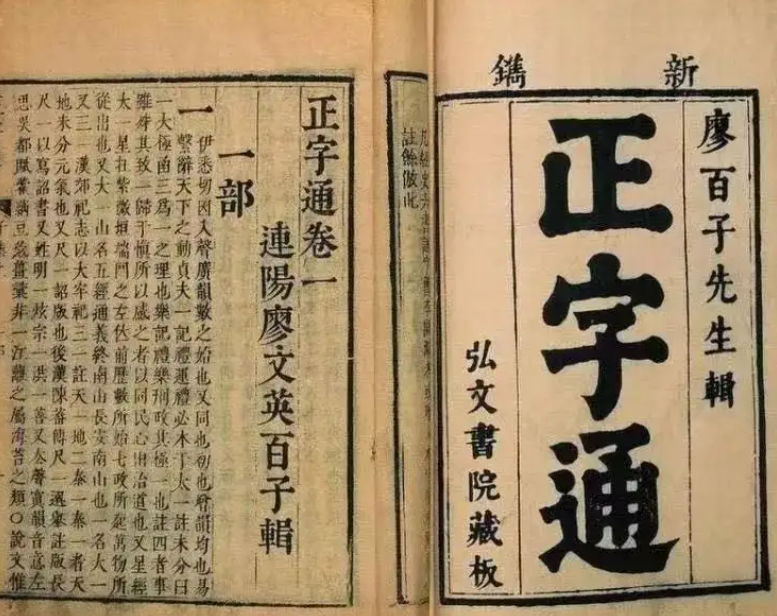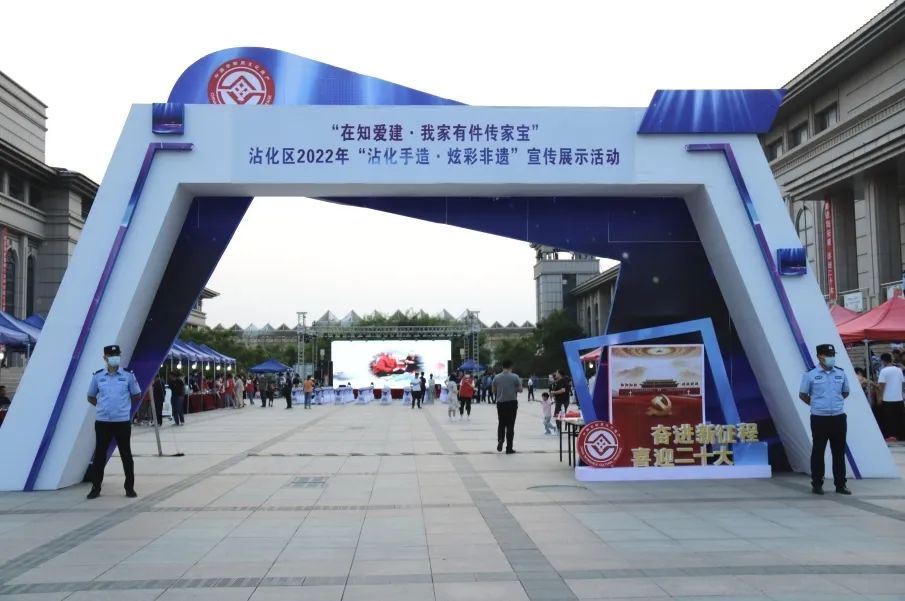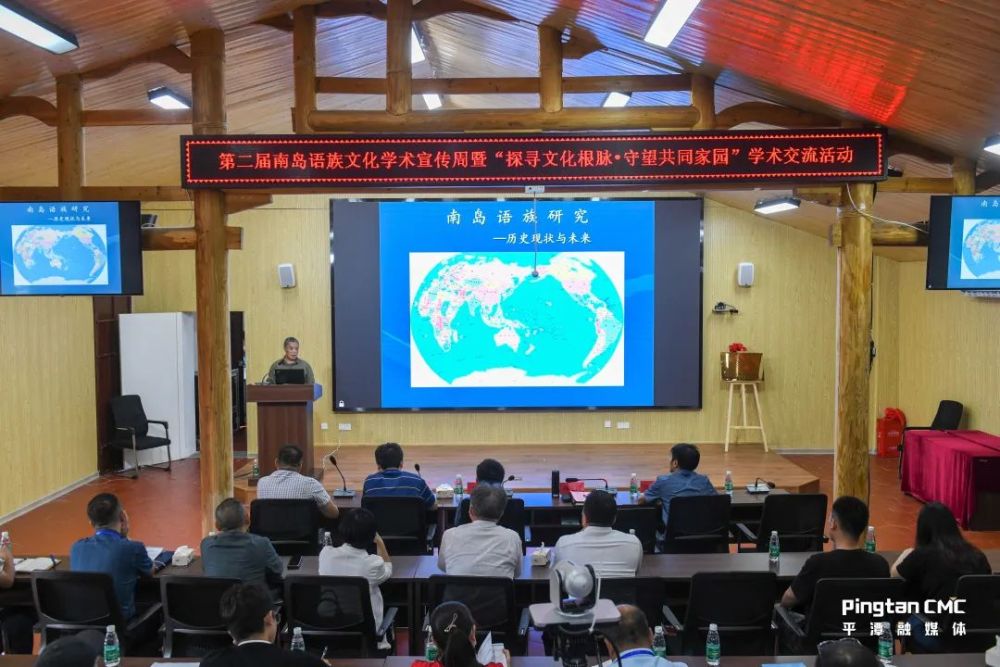Micro Historical Records | "Dad" when when will it start?
Author:Yangzi Evening News Time:2022.06.19
June 19th is Father's Day. Father's Day originated in the United States in the early 20th century and was widely circulated in all parts of the world. 52 countries and regions around the world set the third Sunday of June each year as Father's Day. On this Father's Day, we talked about, when did the father call it "dad"?
Alibaba cannot be young people
When did the title of "Dad" be called from? This problem attracted the attention of scholars as early as the late Qing Dynasty. Professor Wan Lei of the University of Malaya and Professor Wan Lei of the School of Foreign Languages of the School of Foreign Language and Forestry from the School of Foreign Language and Forestry, the School of Foreign Languages, has studied this issue many years ago. He told reporters that the title of "Dad" is the product of Chinese and foreign cultural exchanges, and it is the result of the collision and blending of foreign words and Chinese vocabulary.
According to Wan Lei's research, the word "dad" appeared late. During the Three Kingdoms period, Zhang Ye wrote the training book "Guangya · Shi Yan". The words made a simple and clear explanation: "Father too."
Why does the word "dad" appear out of thin air? Wan Lei said that before the word "dad" appeared, his father's title was "father". However, during the Wei and Jin Dynasties in the late Han Dynasty, the written sound and oral voice of the word "father" were different. The word "father" continued to develop with the written sound and developed to the present. Come to inherit, this new word is "dad", and the pronunciation of "dad" has developed to the present, reading as the current "Bà" sound.
However, the title of "father" means that the "father" has not been popularized until the Qing Dynasty. Among the many names of his father, it has not been able to stand out. It has rarely appeared in ancient books that have been reserved to this day. In the late Ming and early Qing dynasties, Zhang Zilie explained the word "Dad" in "Zheng Zi Tong" written by him: Wu Ren called his father. It can be seen that the "dad" was only Wu Di's dialect at that time.

Wan Lei told reporters that while the word "dad" developed slowly, it probably started from the Tang Dynasty. A kind of pronunciation similar to "dad" and "eight eight" and "Baba" has entered China. According to Wan Lei, "August Eight (or Baba)" was originally Arabic, which is the respect of the male elders, and placed behind the name. For example, in Arabic literature, there is "Alibaba and Forty Thieves". Among them, "Ali" is the name of the protagonist, "Baba" is the title of the protagonist, not part of the name.
In the past few years, a song "Alibaba" was popular. The lyrics wrote: "Ali, Alibaba, Alibaba is a happy young man." If you look at the original intention of "Baba", Ali cannot be a happy "youth", he It is only a "old age".
The Tang Dynasty was an era of prosperity and culture. It attracted people from all over the world to come to business and learn, and it was also particularly tolerant of alien culture. Wan Lei said, "In this period, businessmen in West Asia entered China in large numbers and settled along the coastal cities in the southeast and the Beijing -Hangzhou Grand Canal. They brought Arabic culture into China, including foreign vocabulary such as" Baba " ","
"Now, Yangzhou and Zhenjiang also have the historical traces of 'Baba'. The Hui people in Yangzhou call the grandfather rather than the father as 'Baba'; in Zhenjiang City, there are 'big dad alley', 'little dad alley', which may An influential old man once lived here, and then appeared in this street name. "Wan Lei said.
After the Tang and Song dynasties, the word "Baba" gradually took root in the secular life of Chinese people. In the Ming Dynasty, the literati Wang Wenlong recorded in the book "Long Xing Ci Ji": Jibaba, Mother Wang, Shengzu (Zhu Yuanzhang) had a neighbor. After climbing, he was called to build a house and residence in the Ministry of Life. The meaning of this sentence is that when Zhu Yuanzhang was still poor, his neighbor Ji, the old man named Ji, and the mother of Wang, was more graceful to him. After he ascended the throne, he took them to Nanjing, asked the Ministry of Industry to build a house for them, and let their sons as an official.
When will "Dad" become the mainstream title
So, when does "Baba" and "Eighty -eight" become the title of father?
Wan Lei believes that the foreign language "Baba" is a respect for the old man; and the Chinese "dad" refers to his father, an old man who is higher than his generation. From the Southern Song Dynasty to the Qing Dynasty, the word "Baba (or August)" in Arabic has collided and blended with the word "dad" inherent in Chinese. From the pronunciation and even meaning, the transformation of "dad" began.
Scholar Hu Shiyun also holds the same view. In his paper, he stated that during the Southern Song Dynasty, the titles of two -syllable relatives in Chinese gradually increased, and the titles of relatives in spoken language were mostly used in forms. In the three generations of Yuan and Qing Dynasties, the titles in popular literary and artistic works, which are widely popular in the public, and other popular literary works, which are closer to spoken language, which also promotes the popularity of stacking words. In particular, the vernacular novels in the Qing Dynasty began to use the title of "Dad" to refer to father.
But this change is relatively slow. For a long time, "dad" may be the respect of the old man, or it may be a special name for his father. These two meanings exist at the same time.
In the Republic of China's notes "Flowers of the Holy Holy Holy Tale" records: Cixi:
The Queen Mother's finger daughter, Yu Dezong said: "Emperor, whoever is elected, Ru is self -defeated. Those who are the same will be given Ruyi." "
The "emperor dad" here refers to Cixi. "Dad" is not the meaning of his father here, it can be understood that it refers to its respect for the old man.
In "The Journey to the Old Disabled", there is such a text:
I also listened to others: In the west side of the south gate of Fu Lili, there is one family, only two father and son: his father is forty years old, his daughter is 17 or eight years old, and he has a very talented person and has no mother -in -law. His father did some small business and lived in three cottages and one earth wall courtyard. The direction of "dad" here is very clear, it means father.
Even in the 1930s, the meaning of "dad" caused a small storm. At that time, the Chinese textbooks changed "father" to "dad" according to Beijing dialect. Some people do not agree with this change. They believe that this change is wrong. "Dad" is not a special name for "father", "asymmetric". Linguist Li Jinxi noticed this problem. He specially published the "Daddy" Exam "in" World Daily · Mandarin Weekly "on August 12, 1933, supporting" Daddy "to call his father.

By 1945, Shanghai declared an article and proposed to set up Father's Day, which was set on August 8 because of the "August 8" homophonic "Dad". It is conceivable that during this period, the title of "Dad" had a broader acceptance than in secular life in the 1930s.
To truly make "dad" the mainstream title of father, it is to promote Mandarin. According to Hu Shiyun's research, in the 1950s and 1960s, dads such as "dad", "dad", and "father" were titled, and only 39 points were distributed in 134 dialect points. After promoting Mandarin, people were influenced by the Putonghua -based mass media. By the 1980s, the "dad" was said to be spread and distributed to major dialects, and now it has become the most popular title to his father.
How the ancients called "Dad"
Since it is only popular in modern times, how did people call their father? Guo Xi, a professor at the Chinese School of Chinese University of Jinan University, divides it into six categories:
One is a father, "father" and "father"; the second is dad, including "dad, dad, Lang dad"; the third is a master, including "grandpa, grandpa"; Ah ", five as a large category, including" big, Aga "; six are uncle categories, including" uncle, old man ".
Guo Xi believes that these six categories are the most old -fashioned. The earliest title of his father in Chinese literature is the "father". In the Oracle era, it refers to his father. But as mentioned earlier, the word "father" was later separated from speaking and developed alone. Its oral voice was replaced by "Dad".
The "master" category is slightly late, and the word "grandfather" was recorded after the Three Kingdoms. Guo Xi believes that there are many ways to write this word, and some writing does not match the tradition of Chinese characters. It is likely to only play a role in remembering. In other words, this title may be foreign. However, "Grandpa" finally entered literary works such as "Magnolia" and "Car and Horse". "Grandpa" can enter the poem, indicating that it has been widely accepted by society and is generally used, becoming the mainstream title of his father.
Guo Xi studied that the Tang Dynasty generally called the father as "grandfather", and in the Northern Song Dynasty, the "grandfather" still dominated; but after the Southern Song Dynasty and Yuan, "father" appeared, and "grandfather" was replaced by "father". The word "father" first appeared in the book "Guangya" during the Southern Song Dynasty. Later, the rhetoric explained to it: the dumplings called the father; or the northerners called the father and father; But soon, this title became the mainstream until the late Qing Dynasty was strong. Guo Xi statistics on the use of "Dad" in vernacular novels in the Qing Dynasty. It was found that there were 34 in the Dream of Red Mansions, 484 in "The History of Ruhilin Wai", and 124 in "Qi Road Lantern". The tenacity of the "dad" category is evident. The "dad" category is said to be able to come to today and become the mainstream. At the beginning, the "dad" category was titled.

As for the "Big" category and "Bo" category, generally there are dialects and have not entered the mainstream Chinese.

Yangtze Evening News/Zi Niu Journalist Zang Lei
Reference materials:
Chinese "Daddy" Word Source Examination, Wan Lei, Journal of Lanzhou College of Arts and Sciences 2014.9
"Daddy" evidence, Hu Shiyun, Yongquan Collection: Professor Li Rulong from teaching 50 years of commemoration, Xiamen University Press 2008.11
For the multi -angle inspection of his father in Chinese, Guo Xi, Chinese Chinese 2006.2
"Daddy" exam, Li Jinxi, Li Jinxi Language Paper Collection, Commercial Press 2004.5
Edit: Qin Xiaoyi
- END -
Lile and Music Shandong | Binzhou: Zhanhua District in 2022 "Zhanhua Hand -made, Colorful Non -Heritage" publicity and display activity was successfully held

On the evening of June 17, hosted by the Propaganda Department of the Zhanhua Dist...
Big coffee gathers, Pingtan's brainstorming knowledge content is really high!

After two daysTension and enthusiastic academic sharing discussionThe 2nd South Is...